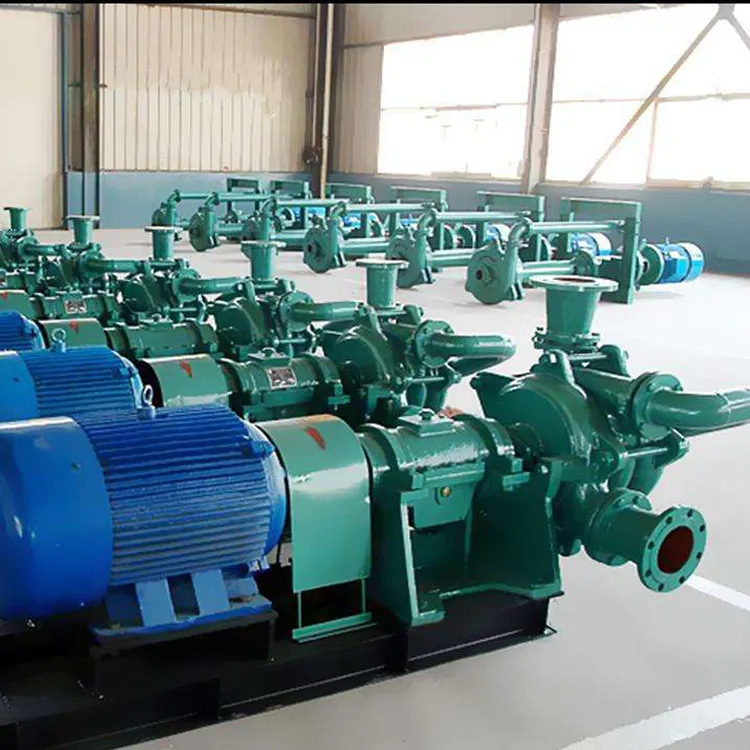Greek
- Afrikaans
- Albanian
- Amharic
- Arabic
- Armenian
- Azerbaijani
- Basque
- Belarusian
- Bengali
- Bosnian
- Bulgarian
- Catalan
- Cebuano
- Corsican
- Croatian
- Czech
- Danish
- Dutch
- English
- Esperanto
- Estonian
- Finnish
- French
- Frisian
- Galician
- Georgian
- German
- Greek
- Gujarati
- Haitian Creole
- hausa
- hawaiian
- Hebrew
- Hindi
- Miao
- Hungarian
- Icelandic
- igbo
- Indonesian
- irish
- Italian
- Japanese
- Javanese
- Kannada
- kazakh
- Khmer
- Rwandese
- Korean
- Kurdish
- Kyrgyz
- Lao
- Latin
- Latvian
- Lithuanian
- Luxembourgish
- Macedonian
- Malgashi
- Malay
- Malayalam
- Maltese
- Maori
- Marathi
- Mongolian
- Myanmar
- Nepali
- Norwegian
- Norwegian
- Occitan
- Pashto
- Persian
- Polish
- Portuguese
- Punjabi
- Romanian
- Russian
- Samoan
- Scottish Gaelic
- Serbian
- Sesotho
- Shona
- Sindhi
- Sinhala
- Slovak
- Slovenian
- Somali
- Spanish
- Sundanese
- Swahili
- Swedish
- Tagalog
- Tajik
- Tamil
- Tatar
- Telugu
- Thai
- Turkish
- Turkmen
- Ukrainian
- Urdu
- Uighur
- Uzbek
- Vietnamese
- Welsh
- Bantu
- Yiddish
- Yoruba
- Zulu
Telephone: +86 13120555503
Email: frank@cypump.com
Νοέ . 27, 2024 16:12 Back to list
Efficient Solutions for Handling Gypsum Slurry with Advanced Pump Technology
Understanding Gypsum Slurry Pumps Essential Equipment in the Industry
Gypsum, a widely used mineral primarily composed of calcium sulfate dihydrate, plays a crucial role in various industries, including construction, agriculture, and manufacturing. Specifically, in the construction sector, gypsum is commonly utilized in the production of drywall and plaster. To transport gypsum in a slurry form, which is a mixture of gypsum powder and water, the gypsum slurry pump becomes an essential piece of equipment. This article explores the significance, types, and operational principles of gypsum slurry pumps.
Importance of Gypsum Slurry Pumps
The demand for efficient and reliable transport of gypsum slurry has led to the development of specialized pumps designed to handle this abrasive and viscous material. Gypsum slurry pumps are critical in various applications, including gypsum mine dewatering, transporting material to processing plants, and supporting plaster or drywall production lines. Choosing the right pump can enhance productivity, reduce maintenance costs, and ensure a consistent flow of material.
Types of Gypsum Slurry Pumps
There are mainly two types of pumps used for gypsum slurry centrifugal pumps and positive displacement pumps
.1. Centrifugal Pumps These pumps use rotational kinetic energy to move liquid through the pump. They are designed with an impeller that creates a centrifugal force, enabling the transfer of gypsum slurry. Centrifugal pumps are favored for their ability to handle large volumes at lower pressures. However, they may not be as effective with highly viscous or abrasive slurries unless specifically designed for such purposes.
2. Positive Displacement Pumps These pumps work by trapping a fixed amount of slurry and forcing it through the discharge pipe. They excel in handling viscous materials and maintain a constant flow rate regardless of the pressure. This makes them ideal for applications where a consistent flow is crucial, such as feeding gypsum into a production process.
Key Features of Gypsum Slurry Pumps
gypsum slurry pump

When selecting a gypsum slurry pump, several features should be considered to ensure optimal performance
- Material Construction Gypsum is abrasive, and the pump materials must withstand wear and tear. Common materials include high-chrome alloy, elastomers, and other resistant composites.
- Pump Size and Capacity The size and capacity of the pump should match the requirements of the specific application. This includes considering the distance the slurry needs to be pumped and the density of the mixture.
- Maintenance and Serviceability Regular maintenance is essential to prolong the life of the pump. Pumps designed with easy access to internal components can significantly reduce downtime during servicing.
- Efficiency Energy-efficient designs not only reduce operational costs but also contribute to the sustainable practices adopted by many industries today.
Operational Principles
Gypsum slurry pumps operate by converting mechanical energy into hydraulic energy. In centrifugal pumps, the motor activates the impeller, which spins and pushes the slurry outward. In positive displacement pumps, either rotary or reciprocating mechanisms create a pumping action to move the gypsum slurry. Understanding these principles is key to effectively operating and maintaining these pumps.
Conclusion
Gypsum slurry pumps are indispensable in industries reliant on gypsum for manufacturing and construction. By choosing the appropriate pump type, ensuring robust construction, and considering operational efficiency, businesses can streamline their processes, reduce costs, and enhance productivity. As industries continue to evolve, the importance of reliable pumping solutions for gypsum slurry will only grow, emphasizing the need for continuous innovation and improvement in pump technology. With the ongoing advancements in materials and design, gypsum slurry pumps will remain at the forefront of industrial applications, driving efficiency and sustainability in the sector.
-
ISG Series Vertical Pipeline Pump - Chi Yuan Pumps Co., LTD.|High Efficiency, Low Noise, Durable
NewsAug.02,2025
-
ISG Series Vertical Pipeline Pump - Chi Yuan Pumps | High Efficiency, Low Noise
NewsAug.02,2025
-
ISG Series Vertical Pipeline Pump- Chi Yuan Pumps Co., LTD.|High Efficiency&Compact Design
NewsAug.02,2025
-
Heavy-Duty Mining Sludge Pumps - Wear-Resistant Slurry Handling
NewsAug.02,2025
-
Horizontal Split Case Pump with GPT-4 Turbo | High Efficiency
NewsAug.01,2025
-
ISG Series Pipeline Pump - Chi Yuan Pumps | High Efficiency, Durable Design
NewsAug.01,2025










